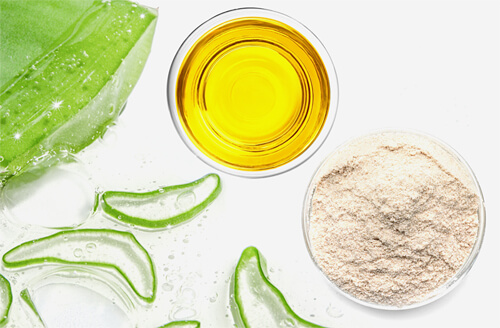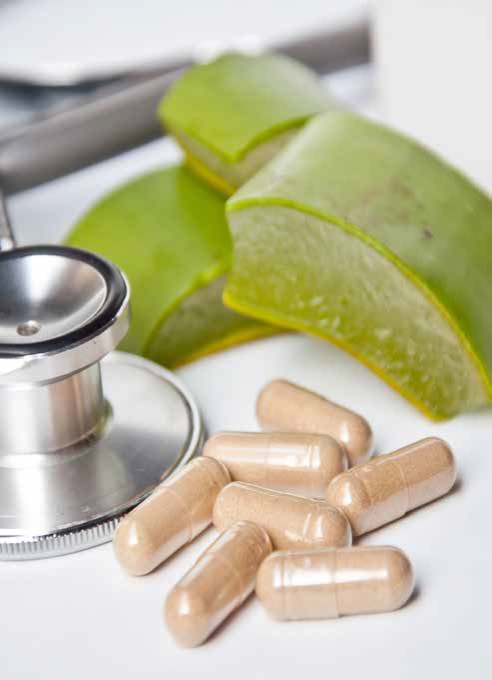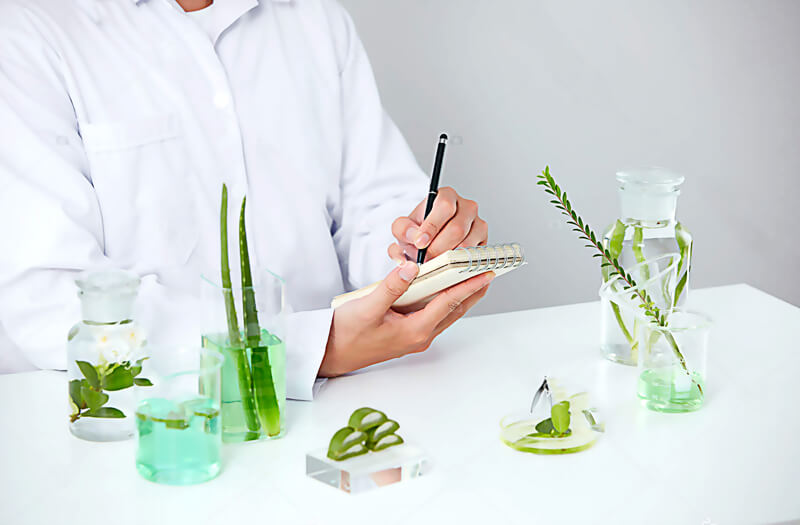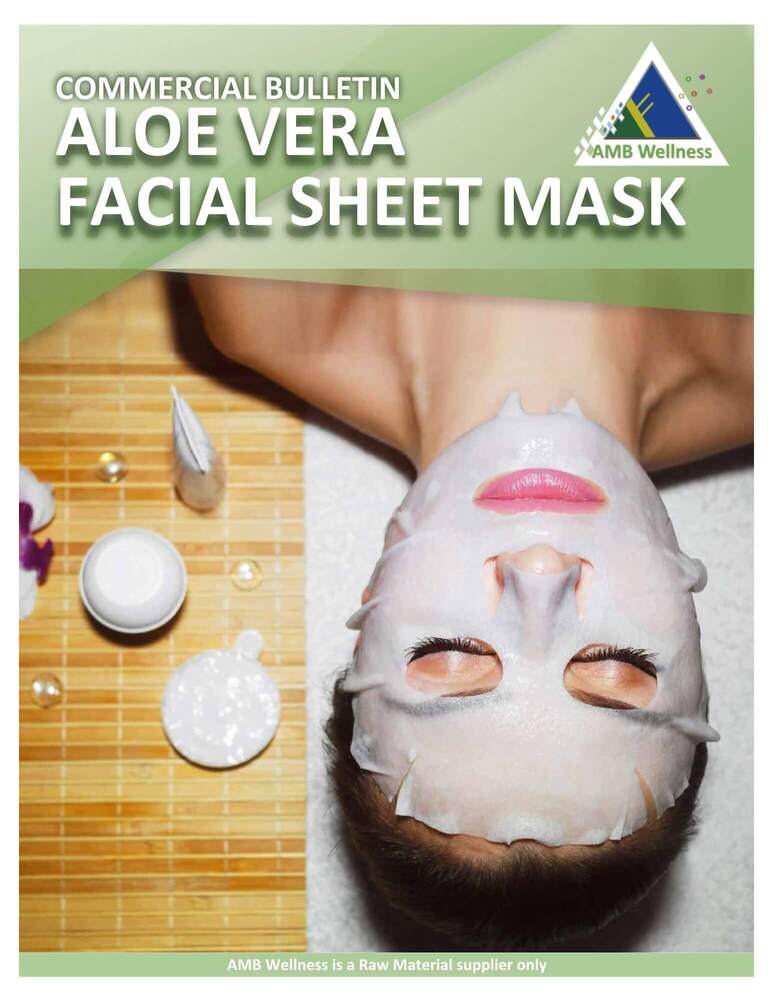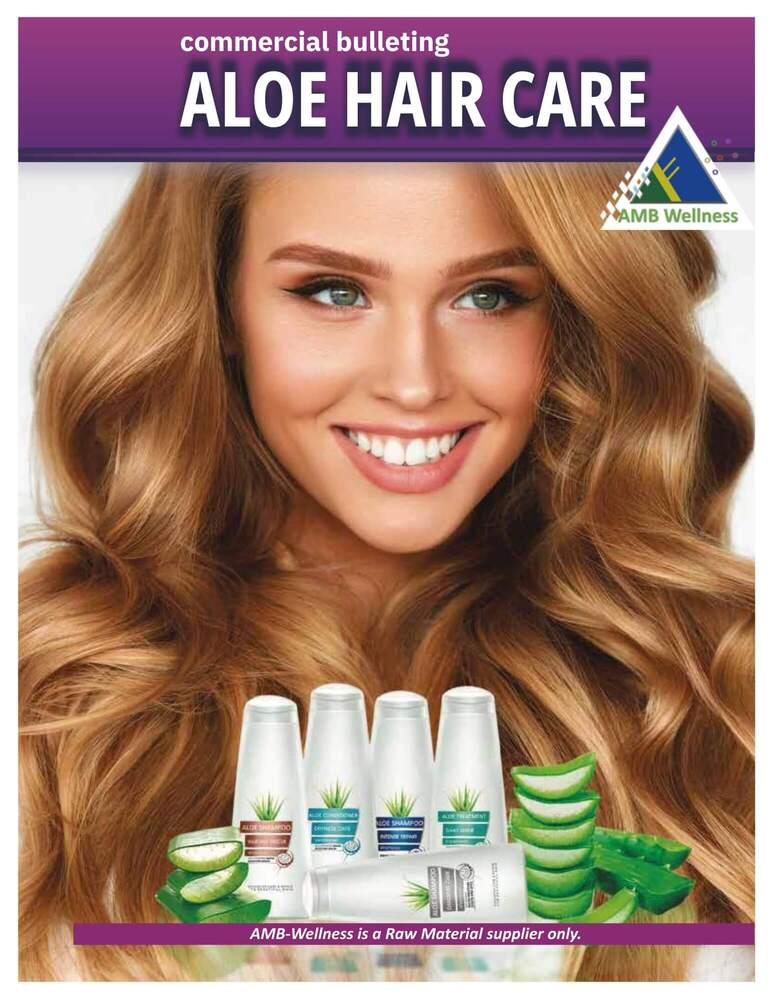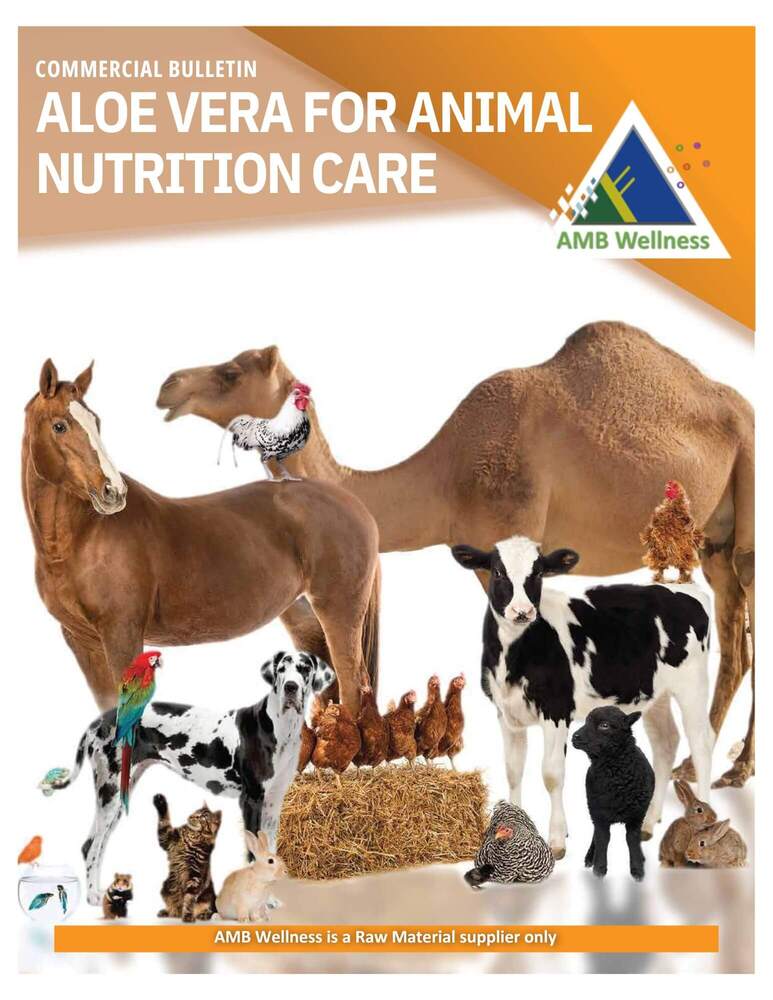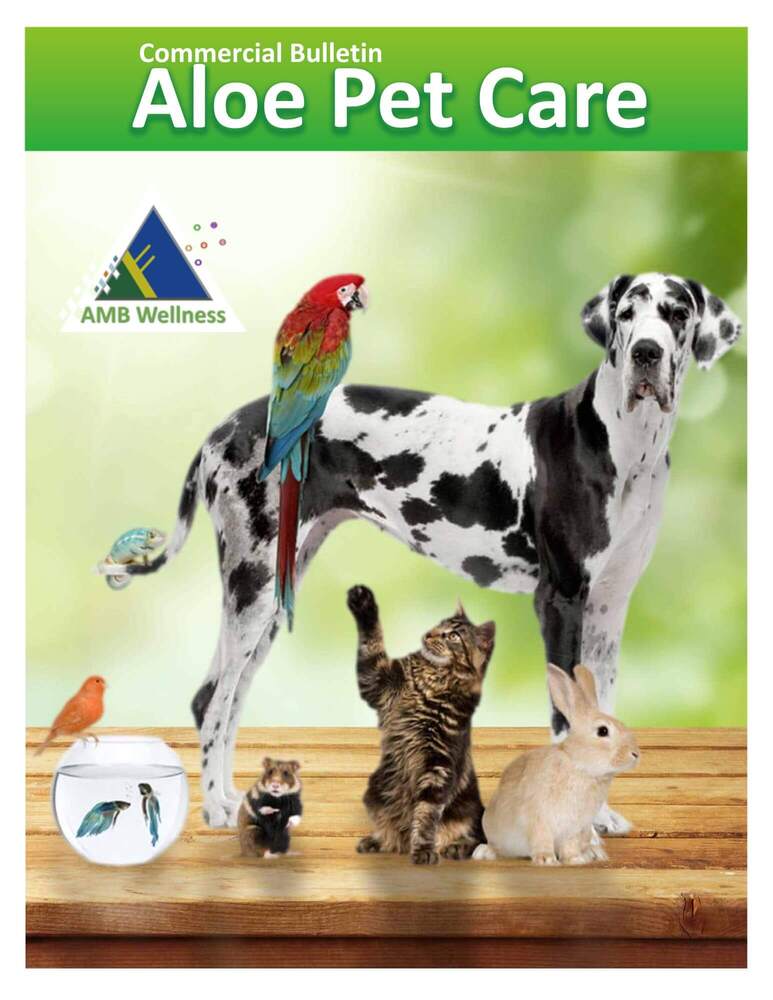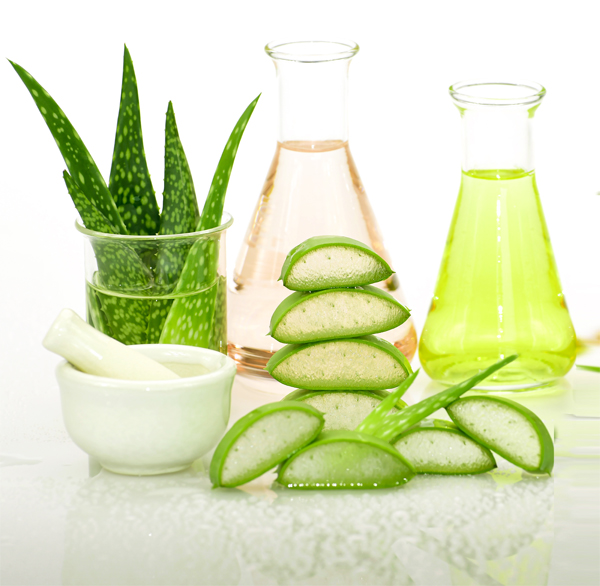Authors Ahmed, M. J., Singh, Z., & Khan, A. S.
New technological advances in antimicrobial edible coatings for food may hold promise in extending shelf life, reducing packaging layers, meeting food safety and quality requirements. Emerging research shows polysaccharides, bacteriocins, essential oils, enzymes, proteins, and lipids are all natural coatings that have unrealized potential in food preservation. Recently, interest has increased in using Aloe vera gel-based edible coating material for fruits and vegetables. Aloe vera gel has been proven one of the best edibles and biologically safe preservative coatings for different types of foods because of its film-forming properties, antimicrobial actions, biodegradability, and biochemical properties. It is composed mainly of polysaccharides and acts as a natural barrier to moisture and oxygen, which are the main agents of deterioration of fruits and vegetables. Aloe vera gel can prolong shelf life of the fruits and vegetables by minimizing the rate of respiration and maintaining quality attributes (color, flavor etc.). It has antifungal and antibacterial property which provides a defensive barrier against microbial contamination of fruits and vegetables. The present review describes the preparation, properties, and potential application of Aloe vera gel coatings for enhancing the postharvest life and quality of different types of fruits. To evaluate the role of Aloe vera gel coating on ripening and fruit quality of nectarine (Prunus persica L. Batch cv Arctic Snow), the uncoated and coated fruit were allowed to ripen at 20?±?1?”C in first experiment and in the second experiment, the fruit were stored at 0?±?0.5?”C and 90?±?5% RH for 3 and 6?weeks prior to ripening at 20?±?1?”C. Aloe vera gel-coated fruit kept at ambient or 3 and 6?weeks cold storage reduced respiration rate, ethylene production (62, 37 and 43% respectively), retarded fruit softening, reduced electrolyte leakage (EL), weight loss (65%), levels of ascorbic acid and total antioxidants (24, 9 and 13%) during ripening than control. In conclusion, Aloe vera gel can be used for extending storage life at ambient or cold storage and maintaining quality of Arctic Snow nectarine.

